Microphone hiss: causes and elimination
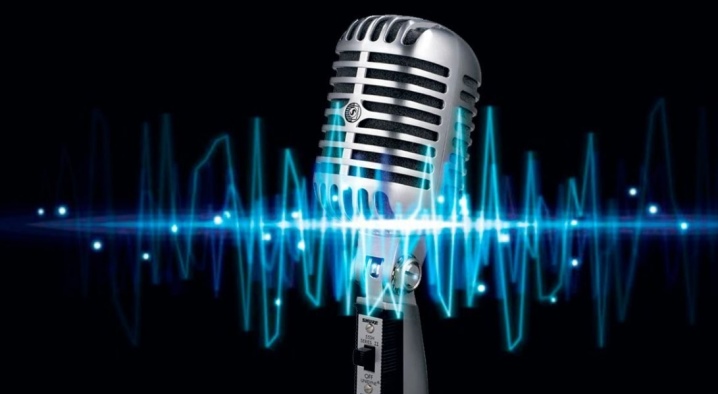
A microphone is a device that picks up sound and converts it into electromagnetic vibrations. Due to its high sensitivity, the device is capable of picking up third-party signals that generate powerful interference. Microphone hiss and noises are caused by a number of factors that can become a serious nuisance when transmitting messages via voice or recording sound via the Internet. To remove noise in a microphone, you must first find out why this is happening.

Main reasons
Microphones are used on stage, in home recording, and when chatting on the Internet. In a certain situation, there are factors of third-party noise in the device. As a rule, such prerequisites for the appearance of third-party sounds are considered.
- Damaged or low quality device.
- Defects in the connecting cord.
- Outside interference.
- Incorrect setting.
- Unsuitable software.
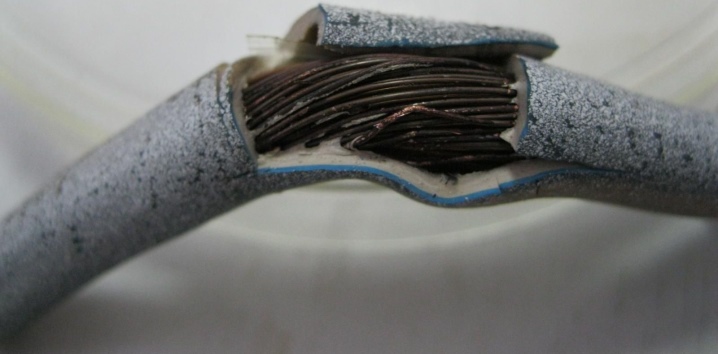
To get rid of hiss in the device, you should first examine the microphone itself. A damaged device is often the cause of hiss.
Basically, in this variant there appear powerful distortion in the transmission of sound. Sometimes a low-quality device can cause third-party sound. If the sound wave receiver is connected via a cord and a connector, then it makes sense to change the audio channel to test it. If there are distortions, then we can talk about a breakdown of the microphone. For high-quality sound recording, you do not need to use inexpensive devices. They are unreliable and often break.
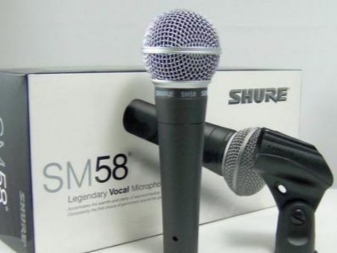
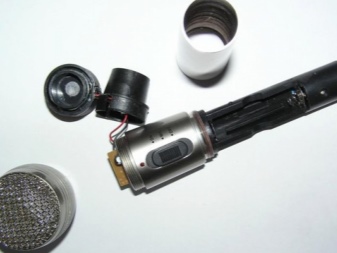
Remedies
Debugging the operating system
Bring your OS back to normal before taking any troubleshooting steps. To do this, you should:
- install drivers on the audio card;
- if available, install microphone drivers;
- to restart a computer.
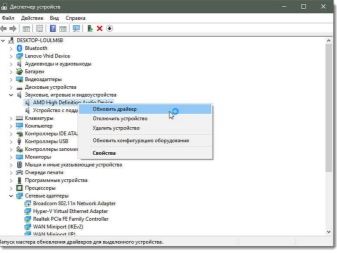
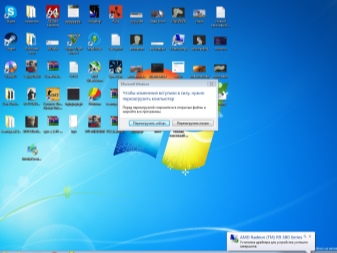
Please be aware that Microphone software is not always available - as a rule, they are often not available if the microphone is cheap. High-end professional products have their own drivers. After installation, you can do everything below. Remember to restart your computer. Without this, some drivers will not start working. This applies to all versions of Windows.
A precautionary measure is to install drivers for all equipment that is connected to or on your computer. This applies not only to the microphone, but also to any other peripheral devices. This will eliminate problems. In addition, it is necessary to ensure that the device and its software are compatible - someone downloads drivers for the 32-bit version, while the 64-bit system itself - such a bundle, of course, will not function.
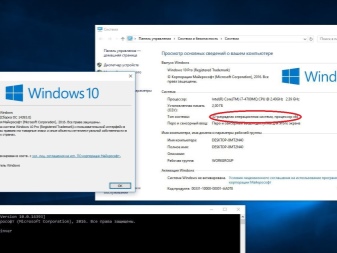
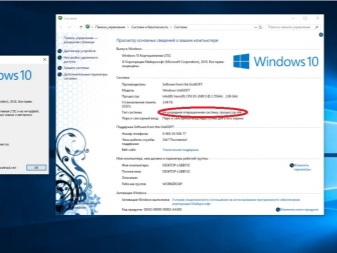
Look equally at the one to keep the software up to date. It is updated infrequently, like the OS, and yet with the release of the latest driver version, for example, for talking or recording, you may run into trouble that your outdated drivers do not allow the device to function as before. Therefore - stay tuned and constantly install new versions.
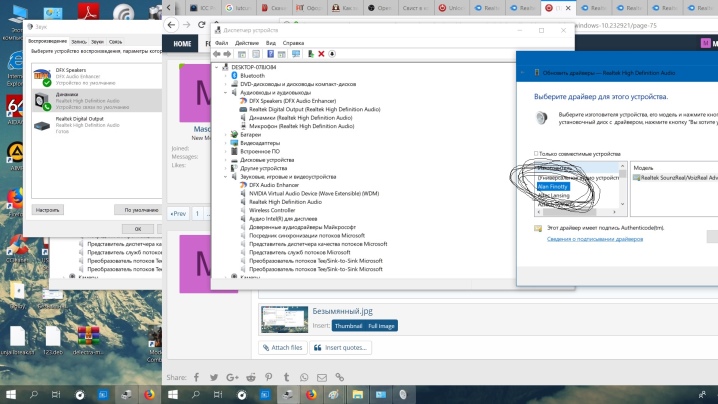
Damage to the cord
The cord must first of all visually inspect from beginning to end for creases or other damage. There is a working method for checking the integrity of the cord:
- connect the PC microphone;
- start the editor of sound files Audacity (having previously installed it on your PC) or another program for sound recording;
- start wiggling the microphone cord;
- follow the sound recording.
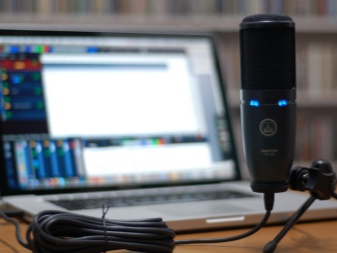
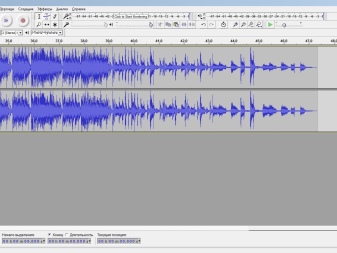
If, without sounds from the outside on the microphone, you notice that there are any vibrations and noises in the recording, then the cord on the line from the microphone to the computer is damaged. If there is a problem with the cord, it must either be repaired or the microphone changed. Rebuilding an inexpensive microphone is impractical, since the cost of repair work is comparable to the purchase of a new device.
Precautionary measure - handle the cord with care. You have the opportunity to prolong the life of the devices for many years. Cords fail so often that this cause of extraneous noise from microphones is in 2nd place immediately after problems with setting up the operating system.
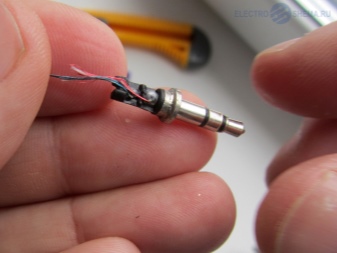
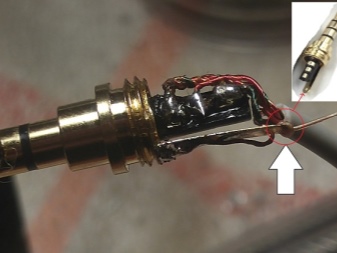
Try to analyze what is around the computer. It can be not only your appliances, but also the appliances of your neighbors through the wall or even a large store downstairs. If you find a large consumer, try to connect it to another electrical outlet, or better - move the microphone itself or the computer to another room. The preventive measure in this situation is - keep your distance, never plug large appliances into the same extra power cord as your PC.
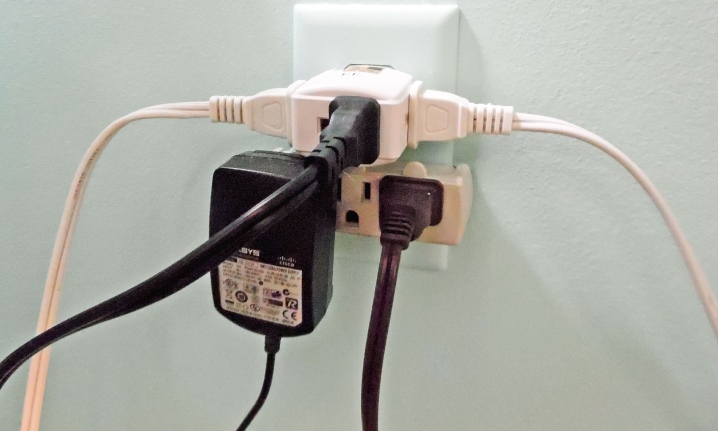
External factors
It often happens that there were no noise and distortions yesterday, but now they have appeared. What to do? The first thing that comes to mind is that the microphone is out of order. But do not rush to throw out the device, maybe the problem is in external factors. A powerful factor that strongly affects the microphone is other devices.
For example, if a refrigerator or other large and powerful device is connected to the same electrical outlet as your laptop or PC, then the risk that the microphone will begin to make noise is very high.
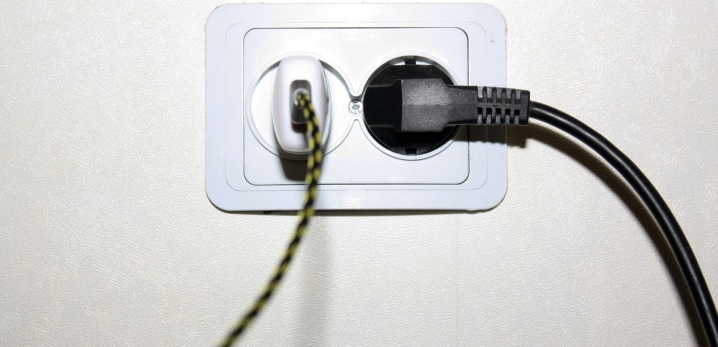
Problems due to third-party software
Often, the problem is not due to third-party software, but rather due to the software that you use to work with the microphone. For example, if you want to contact someone via Skype. In selected programs you need to manually adjust the microphone settings. Certain utilities also have a specialized troubleshooting mode that will allow you to uncover the cause of problems and, in some cases, help you figure out how to eliminate them. If you have a program that "improves" the performance of your computer, it can also affect the performance of the microphone. It is worth turning off for a while or deleting it completely and see if the situation has improved.
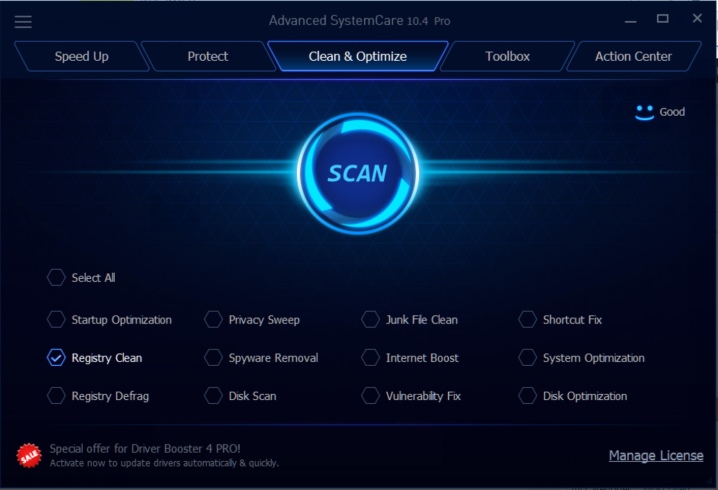
Microphone failure
In the case of a complete failure of the device, you need to identify the problem. It can be either in the microphone or in the computer. To do this, you need to perform such activities.
- Connect another microphone to the PC - to test whether there will be a hiss, in which the voice is not heard.
- Connect a microphone to a computer that is definitely free from interference - this will let you know if the microphone will function correctly in this case.
After doing this, you will understand what the problem is. If there is hiss on 2 different computers, the defect is in the microphone. When the hiss is only on your computer, and on the other it is not, then the problem lurks in your computer. In addition, it can be in the settings of the operating system or the absence of drivers. How to solve this problem is described above.
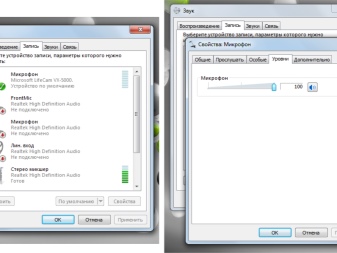
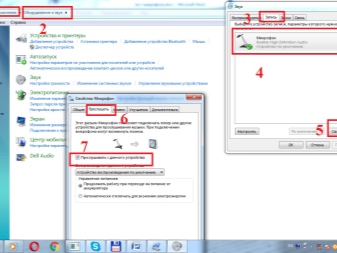
When the microphone does not function or hiss on 2 devices, you can perform this test on the 3rd device, and it can also be a cell phone.
If the result is the same, then there is a 99% chance of the problem with the microphone. It is necessary to decide: repair it or replace it with a new one.
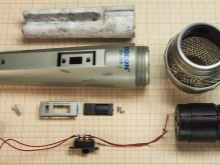
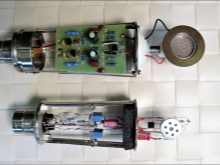
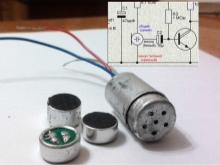
Recommendations
There are a number of minor "surprises" encountered by the untrained user when using the microphone.
- The appearance of hiss instead of a sound may be due to the program, perhaps it contains an amplifier or an incorrect setting. As a result, when using Skype, TeamSpeak and other means of communication, you need to test the operation of the device apart from them.For example, in Skype, by default there is auto-tuning, it must be removed.
- As mentioned above, it is necessary to revise the cord, often low-quality options are simply squeezed or a piece of cover is cut off... You should visually check the cord, and it is more reliable to change it for another and try it out.
- The possible reason is in the nests, they are probably loose, clogged or defective. Also, do not use the front connectors as the signal quality tends to be poorer. It is necessary to rearrange the plug to another connector - the problem may disappear.
- Apply specialized noise suppression software. They can improve the sound quality, only sometimes with a loss in volume. Among the popular and widespread applications, it is necessary to highlight: Adaptive Noise Reduction, Hard Limiter.
Noise during operation of the microphone after the above actions should disappear. Otherwise, we can talk about the breakdown of the microphone itself, then it needs to be repaired or purchased a new one.
See below for five ways to remove noise and background from your microphone.













The comment was sent successfully.